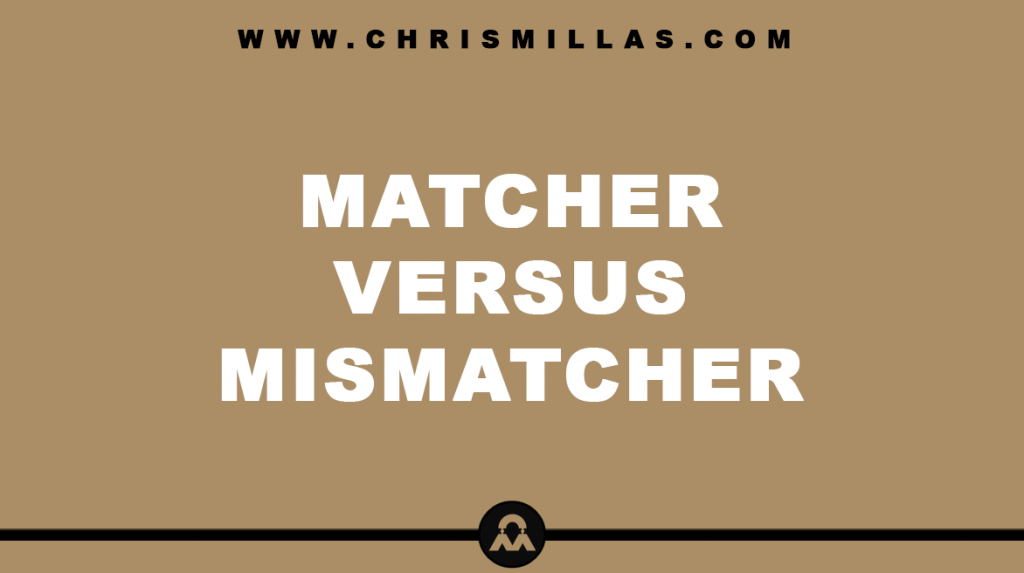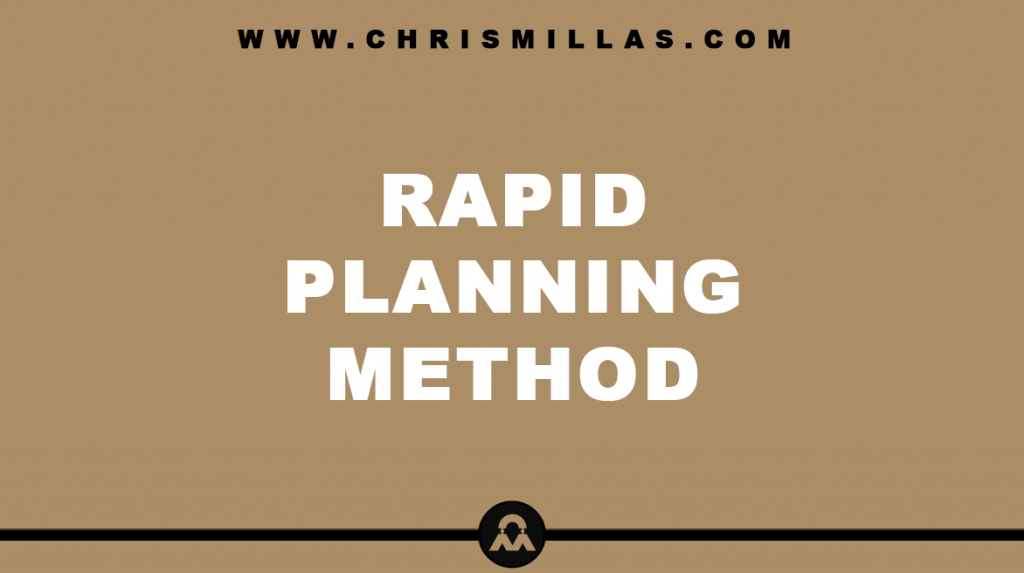In this post, we’ll unpack all you need to know about the Matcher versus Mismatcher metaprogram, defining exactly what it is, the differences between Matchers and Mismatchers, how we can leverage this metaprogram and more.
What Is the Matcher Versus Mismatcher Metaprogram?
The Matcher Versus Mismatcher metaprogram is used to determine how an individual processes information in the context of how they relate to things.
How Do You View The World?
What is the relationship between the three figures below?

While there are no right or wrong answers, there are different approaches to how you achieve an answer which determines whether you are a Matcher or Mismatcher. We’ll explore both below.
What Is A Matcher?
A Matcher is someone who looks at the world and finds similarities.
One type of Matcher is sameness. Using the example above, they may see three rectangles. Another type of Matcher is sameness with exceptions. Using the example above, they may first see three rectangles and then after point out that one is on its side.
What Is A Mismatcher?
A Mismatcher is someone who looks at the world and finds differences.
One type of Mismatcher is differences. Using the example above, they may point out that they’re not all the same. Another type of Mismatcher is differences with exceptions. Using the example above, they may first point out that they’re not all the same and then after point out the similarities.
Matcher Versus Mismatcher
Matchers tend to be agreeable. They like to take common views, they like being told what to do and they abide by the rules and are generally compliant. While people often perceive Matchers as positive, they can be people pleasers. They seek coherence.
To influence a Matcher, create congruity. For example, you would say to a matcher, “That outfit looks great on you” in order to have them respond “I’ll buy it.”
Mismatchers tend to be disagreeable. They like to take opposing views ― they are the “devil’s advocate” ― they don’t like being told what to do and they see problems and inconsistencies. While people often perceive them as negative, they can be “out-of-the-box” thinkers. They seek incoherence.
To influence a Mismatcher, create polarity. For example, you would say to a Mismatcher, “I don’t know whether you have time for this…” in order to have them respond, “I have plenty of time.”
Matcher Versus Mismatcher Table Summary
Below is a table summarising the differences between Matchers and Mismatchers.
| Matcher | Mismatcher |
|---|---|
| Find Similarities | Find Differences |
| Agreeable | Disagreeable |
| Seek Coherence | Seek Incoherence |
How To Leverage The Matcher Versus Mismatcher Metaprogram
Being a Matcher or Mismatcher isn’t about being right or wrong ― it’s about understanding why you do the things you do. The characteristics of Matchers and Mismatchers have both advantages and disadvantages.
For example, Mismatchers like to prove people wrong ― even if it means they sometimes self-sabotage themselves. So if someone says to a Mismatcher they can’t do something, they’ll prove that they can ― this behaviour is clearly constructive. However, if someone says to a Mismatcher they can do something, they’ll prove that they can’t ― this behaviour is clearly destructive.
By identifying whether we are either a Matcher or Mismatcher, we can better understand our behaviours and if necessary, change them. By identifying whether someone else is either a Matcher or Mismatcher, we can use this insight to better understand their behaviour and help create consensus.
To determine whether someone is a Matcher or Mismatcher, simply ask them about the relationship between any set of objects or situations and notice whether they focus first on the similarities (Matcher) or the differences (Mismatcher).
Summary (TL;DR)
The Matcher Versus Mismatcher metaprogram is used to determine how someone relates to things. A Matcher is someone who looks first at what is the same. A Mismatcher is someone who looks first at what is different.
We can use this knowledge to both influence our own behaviours in ways that benefit us and we can use it to influence the behaviours of others.







